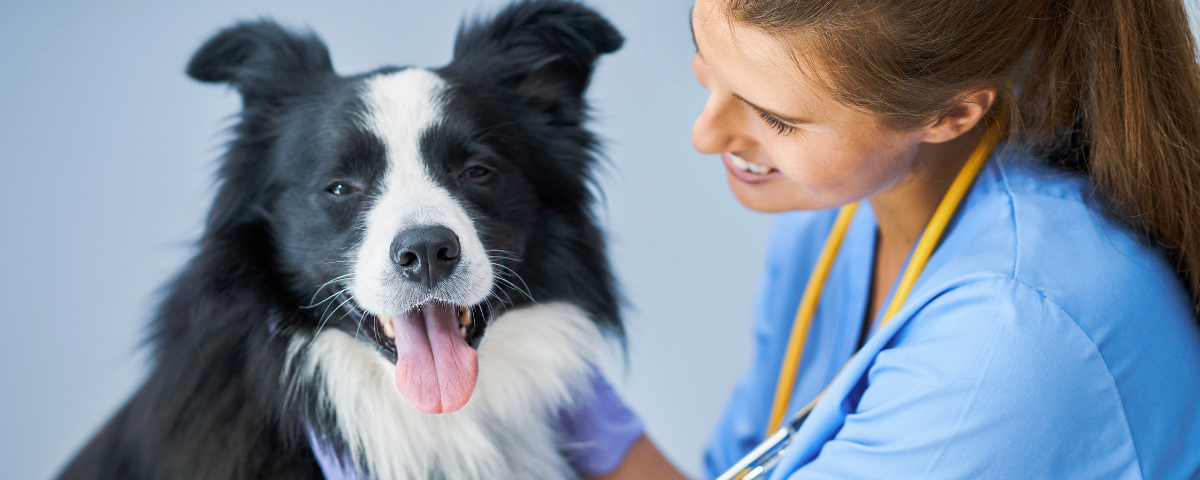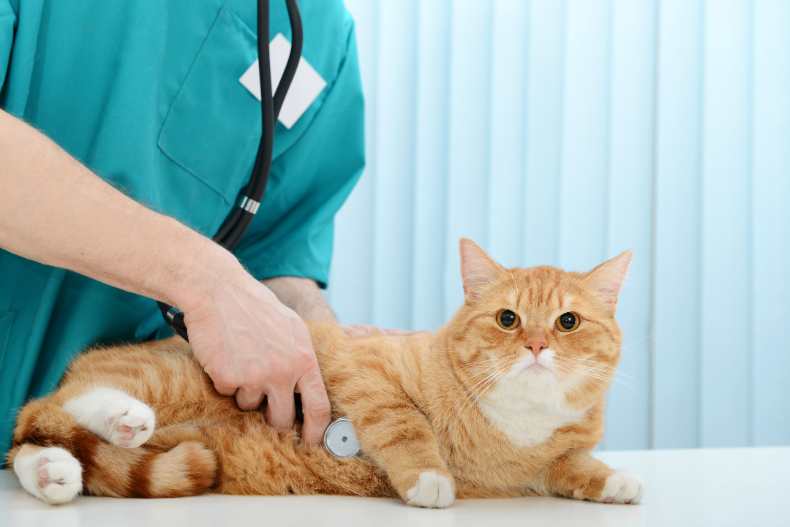Veterinarians: What do they do and how to become one?

Everyone knows roughly what veterinarians do: they diagnose and treat pets and farm animals, also taking care of prevention and offering regular checks. However, this broad definition does not reflect the complexity of the tasks that these professionals perform daily. To become a vet, natural love for animals is a must but it is not enough: you also need adequate role-specific education and years of practice. Let’s find out what it is that veterinaries do actually, how to kick off your career in this profession and what qualities make one a perfect vet.
Contents:
Veterinarians: What do they do?
How do you become a vet?
How long does it take to specialise as a veterinary doctor?
What are the qualities of a perfect veterinarian?
How to work with animals comfortably?
Key takeaways:
- Vets diagnose and treat pets and farm animals, also taking care of prevention and regular checks, performing a number of tasks from examinations to prescribing medicine and issuing medical certificates.
- In most countries, to become a vet, you need to complete a university course in veterinary science and a professional internship, and then obtain a licence from the relevant authorities.
- Veterinarians can specialise in a variety of fields, including surgery, radiology and farm animal diseases. These require additional courses and exams.
- A perfect vet should be patient, precise, committed to the job and with a high degree of social intelligence to work effectively both with animals and their owners.
Veterinarians: What do they do?
Veterinary doctors, commonly known as vets, represent one of the basic branches of medicine, accompanied by human medicine and stomatology. On a daily basis, vets diagnose, examine and treat so-called non-human animals: both pets and farm animals. Vets work in their private practices as well as at veterinary clinics, research centres, industrial farming facilities, slaughterhouses and breeding units. Here are some of the tasks that vets perform:
- animal health checkups,
- diagnosing and curing diseases and infections,
- treating various animal ailments,
- providing hygiene and care services,
- performing lab tests,
- providing advice and counsel,
- clinical assessment and issuing medical certificates,
- prescribing medicine for animals,
- quality assurance and control concerning products of animal origin,
- performing euthanasia on animals in the case of incurable conditions.
Of course, a single veterinary doctor usually does not carry out all of these tasks. The vets’ scope of duties is determined by their workplace, specialty and professional experience. To work as a vet, you need to not only graduate in veterinary studies but also obtain a special licence from the relevant authorities. If you are thinking of becoming a vet without a degree, perhaps another career path might be a better choice for you. Veterinarians take responsibility for the health of their animal patients – to do that, they need special qualifications and professional education.
How do you become a vet? A step-by-step guide
What do you need to do to become a vet? Above all, you must make a mature decision when it comes to helping animals in need. If you are sure that you really love animals and want to devote your life to saving the lives of your sick patients, it is time to apply for university. To be a vet, you need the right degree. You have to complete a full course of veterinary medicine studies to earn the title of the Doctor of Veterinary Medicine. Next, you need to serve an internship – this is a necessary stage in this career path. Clinical experience is an opportunity to put theory into practice and test your skills and knowledge. This is also a way to find out whether this is actually the right professional choice for you. The next step is obtaining your veterinary licence and becoming part of an official regional or national register of veterinary doctors. To do that, you usually need to apply to the relevant authorities. Is that all, though?

How long does it take to specialise as a veterinary doctor?
Normally, after completing your degree and obtaining your licence, you will become a general practice veterinary doctor. However, if you wish to specialise in a certain field, you need to continue your education and enter a specialty programme. The specialisation you choose will determine the character of your future work. Again, you have to meet certain requirements, such as a previous university degree in veterinary medicine, veterinary accreditation, participation in additional courses and training related to the selected specialty and, eventually, passing the final specialty exam. Here are some examples of veterinary specialties:
- veterinary surgery,
- veterinary radiology,
- swine health management,
- ruminant health management,
- canine and feline medicine,
- laboratory animal medicine,
- animal reproduction.
Depending on the country and specialty, the duration of the programme may vary, taking up to several years.
The qualities of a perfect vet
Are there any universal qualities that every vet should have? Apart from the necessary knowledge and experience, a vet should be patient, precise, committed to the job and with a high degree of social intelligence – after all, vets deal not only with animals but also with their human owners. What matters most, though, is to put the animal’s interest, health and comfort first.
How to work with animals comfortably?
To do your job effectively and comfortably as a vet, you need many years of education and professional practice. At work, you will benefit from using advanced equipment as well as high-quality clothing for veterinarians. Vets are constantly on the go, working in various positions and coming into direct and close contact with animals – all of that requires the right clothes. Scrubs tops, T-shirts, trousers, lab coats and scrubs set, designed with the needs of healthcare workers in mind, including those taking care of animals, are some of the useful products that you will find at uniformshop.eu. Choose your size, design, fabric and colour and enjoy maximum comfort and functionality in your daily work as a vet.

